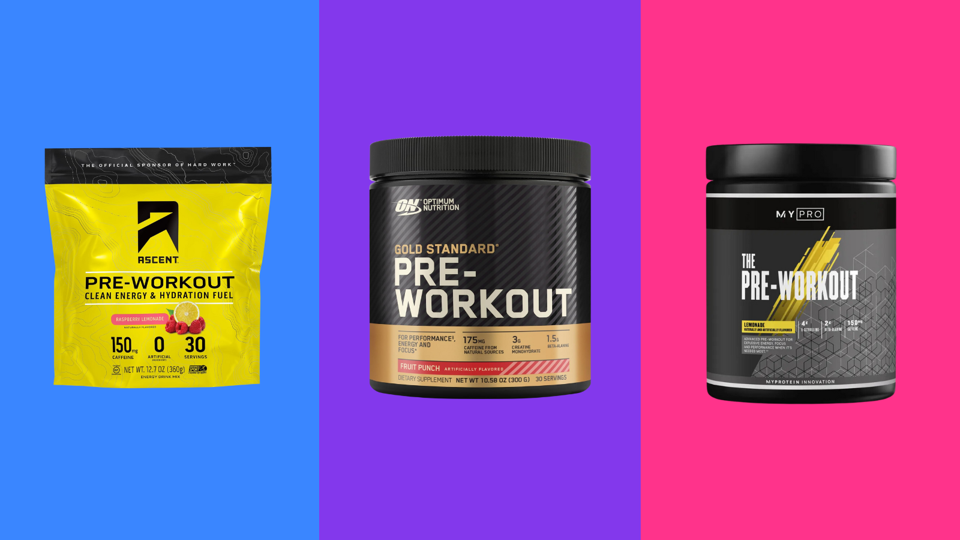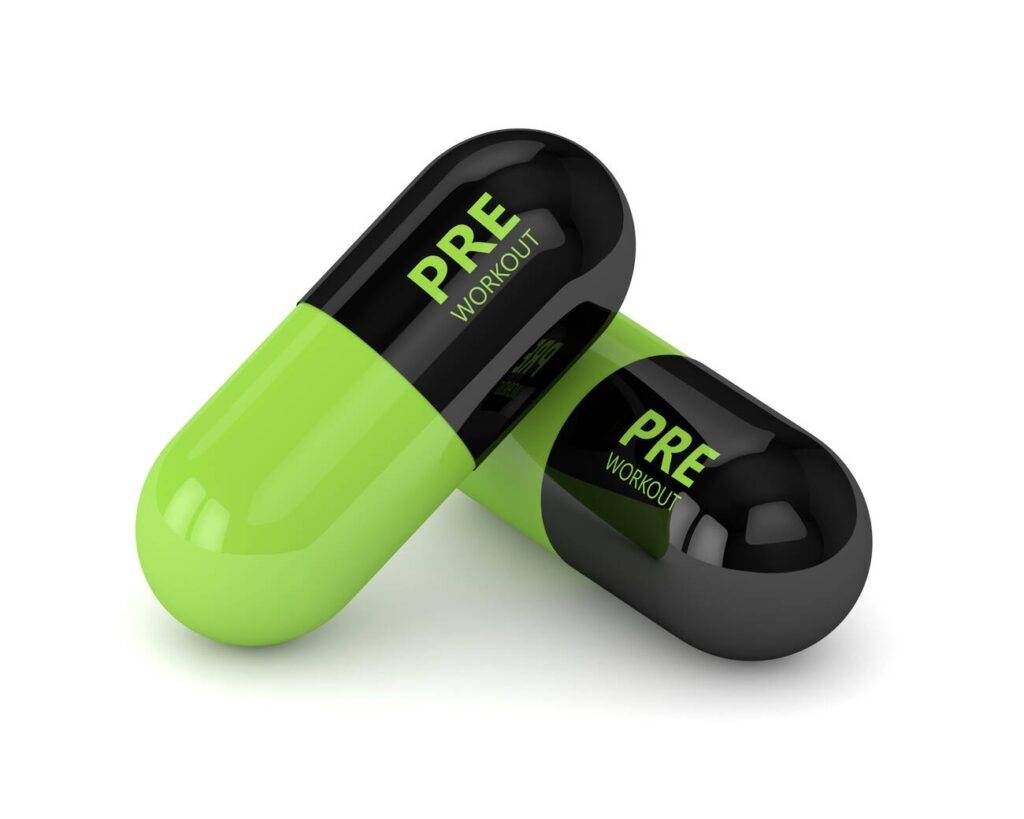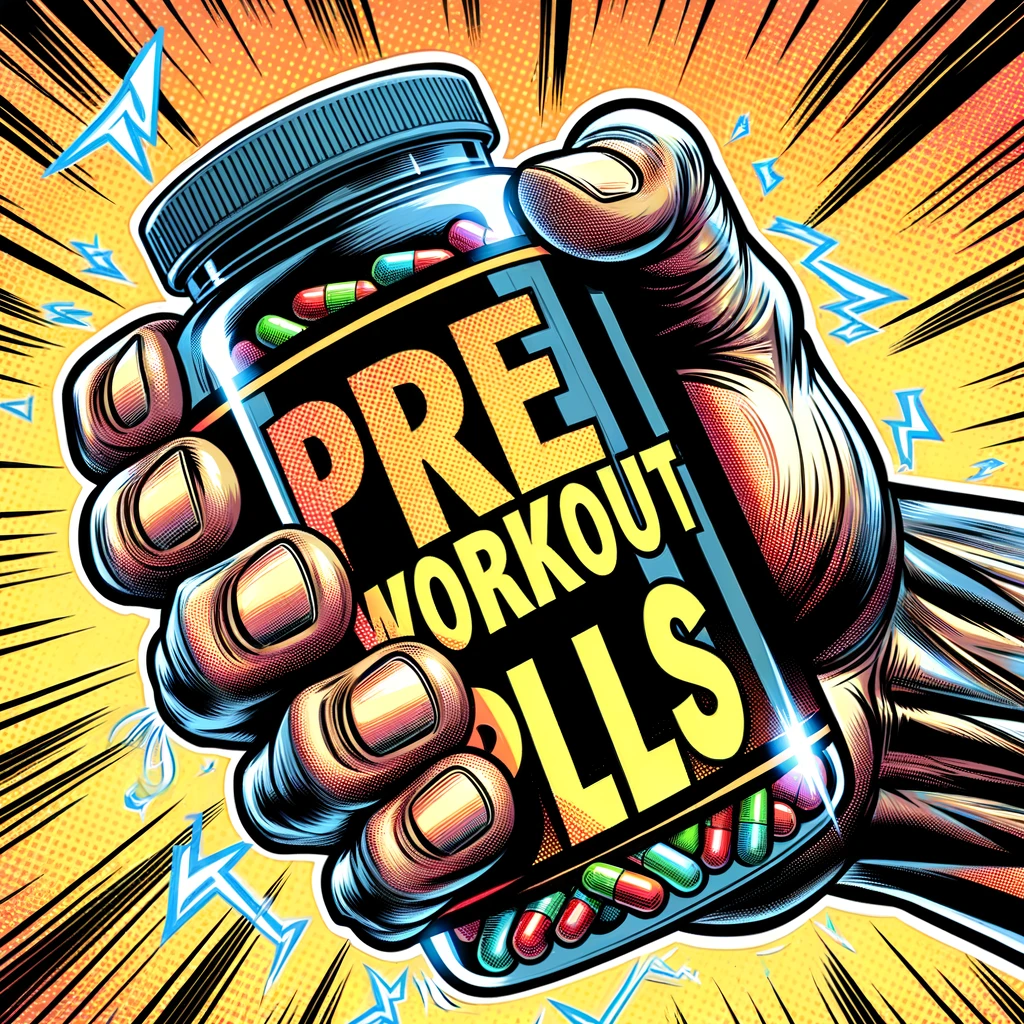
Pre-workout supplements have become increasingly popular among fitness enthusiasts and athletes looking to enhance their physical performance. However, along with their rise in popularity, there has been a proliferation of myths and misconceptions surrounding the effectiveness and safety of these supplements. In this article, we will explore the most prevalent misconceptions about pre-workout supplements.

Myths vs. Facts
Myth #01: High caffeine content equals high quality.
Fact #01:
While caffeine can provide a temporary boost in energy and focus, assuming that higher doses equate to better quality can be misleading and counterproductive. Excessive or high caffeine intake can lead to a spike in energy levels followed by a crash, leaving you feeling fatigued and drained. Moreover, it can also lead to jitteriness, increased heart rate, and even insomnia, especially if consumed close to bedtime.
Myth #02: All pre-workouts are the same.
Fact #02:
This cannot be further from the truth. Contrary to popular belief, the landscape of pre-workout supplements is far more nuanced than a simple distinction based on caffeine content. While caffeine undoubtedly plays a significant role in many pre-workout formulations, it’s just one piece of a much larger puzzle. These supplements encompass various ingredients carefully selected and combined to target various aspects of physical performance, energy production, and overall well-being.
For example, beyond caffeine, these supplements often contain crucial amino acids such as beta-alanine and citrulline malate. Beta-alanine works by increasing levels of carnosine in muscles, which helps buffer the acidity that builds up during intense exercise, thereby delaying fatigue and enhancing endurance. Citrulline malate, on the other hand, serves to boost nitric oxide levels in the body, leading to improved blood flow, vasodilation, and nutrient delivery to working muscles, resulting in enhanced muscle pumps and performance.
Myth #03: All pre-workouts give you the jitters.
Fact #03
Contrary to popular belief, the jitters experienced with some pre-workout supplements are not solely due to caffeine but rather to the high doses of caffeine often present in certain formulations. However, it’s essential to note that not all pre-workouts contain excessively high levels of caffeine. Many manufacturers recognize the potential side effects of caffeine, such as jitters, increased heart rate, and anxiety, and formulate their products accordingly.
In response to concerns about jitteriness, many pre-workout supplements are now designed with a combination of ingredients intended to enhance the positive effects of caffeine while minimizing its adverse effects. These additional ingredients may include amino acids like L-theanine, which is known for its calming effects on the nervous system. L-theanine works synergistically with caffeine to promote focus and alertness without the accompanying jitters or crashes.
Additionally, certain pre-workout formulations may include ingredients like tyrosine or taurine, which support neurotransmitter production and promote mental clarity and focus. By addressing both physical and mental aspects of performance, the ingredients can help users maintain their intensity and concentration throughout their workouts without experiencing the jittery sensations commonly associated with excessive caffeine consumption.

Myth #04: It is okay to consume pre-workout regularly.
Fact #04
Overreliance on pre-workout supplements can lead to several issues. Regular use may result in tolerance, where higher doses are needed to achieve the same effects, potentially leading to dependency. This dependency can manifest as withdrawal symptoms and decreased performance without the supplement. Moreover, continuous or improper use of pre-workout supplements may have long-term health implications such as kidney damage due to abnormal creatinine levels, high blood pressure, disrupted sleep patterns, and overtraining.
Additionally, taking breaks from using pre-workouts can maintain their effectiveness, and using pre-workouts responsibly won’t make you reliant on them or lead to addiction.


